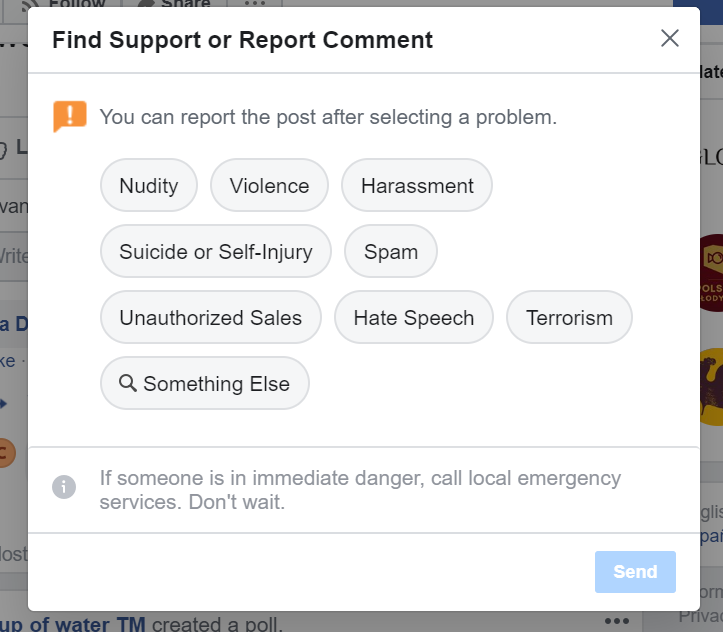On the internet, nobody knows you’re a dog! These words from Peter Steiner’s famous cartoon could easily be applied to the recent ransomware attack on Florida-based software supplier Kaseya. Kaseya provides software services to thousands of clients around the world. It’s estimated between 800 and 1,500 medium to small businesses may be impacted by the attack, with the hackers demanding US$50 million (lower than the previously reported US$70 million) in exchange for restoring access to data being held for ransom. https://twitter.com/TheHackersNews/status/1412336467490209796? The global ransomware attack has been labelled the biggest on record. Russian cybercriminal organisation REvil is the alleged culprit. Despite its notoriety, nobody really knows what REvil…
Author: The Conversation
Three astronauts on China’s new space station have just performed the country’s first space walk and are busy configuring the module for future crews. Named Tiangong (“heavenly palace”), the station is the Chinese National Space Agency (CNSA)‘s signature project to develop China’s ambitions for having humans in orbit around Earth for a long amount of time. In planning since the late 1990s, the Tiangong station’s core module, Tianhe (“heavenly river” and the old Chinese name for the Milky Way), launched on April 29. But it isn’t yet complete. Yang Liwei, chief designer of China’s human spaceflight programme, has said the astronauts “have a lot of tasks to…
On June 25, astronauts Shane Kimbrough and Thomas Pesquet successfully completed an almost seven-hour EVA (extravehicular activity, or spacewalk) to install solar panels on the International Space Station. What does it take to don a spacesuit and venture out on such a technical and dangerous mission? Surprisingly, one of the main criteria (besides the years of astronaut training) is body size. EVA capabilities blossomed during the era of NASA’s space shuttle. Astronauts rode robotic arms, floated tetherless through the void using jetpacks to steer, corralled satellites by hand, and built the International Space Station (ISS). They’ve done it all while wearing spacesuits…
If like many Muslims you have reported hate speech to Facebook and received an automated response saying it doesn’t breach the platform’s community standards, you are not alone. We and our team are the first Australian social scientists to receive funding through Facebook’s content policy research awards, which we used to investigate hate speech on LGBTQI+ community pages in five Asian countries: India, Myanmar, Indonesia, the Philippines and Australia. We looked at three aspects of hate speech regulation in the Asia Pacific region over 18 months. First we mapped hate speech law in our case study countries, to understand how this problem might be legally countered.…
Euro 2020 is one of the biggest events in football, a festival of goal scoring and glory seeking – and for many, yet another opportunity to gamble. Anyone following the action – whether it’s at a stadium, on TV or online – will never be far away from an advert inviting them to place a bet on what may or may not happen next. How about a quick punt on the next player to score or which match will go to penalties? Many of these suggestions come with the seemingly attractive offer of a free bet, just a click away…
Many of us vaguely remember the word “hacktivism” from a decade ago. This was a time before serious ransomware attacks dominated current cybersecurity concerns, when certain hacking techniques were being used to send political messages to governmental and corporate entities. Hacktivism has since retreated as a form of protest, in part due to the prosecution of prominent hacktivists, sometimes with what appear to be disproportionately severe sentences. But with the ongoing pandemic restricting physical protests globally, and new bills being drawn up to curb offline protest, it looks as if hacktivism may be set for a return. My research into hacktivism and cybercrime helps place hacktivism in its historical context – from which…
Astronomy is all about data. The universe is getting bigger and so too is the amount of information we have about it. But some of the biggest challenges of the next generation of astronomy lie in just how we’re going to study all the data we’re collecting. To take on these challenges, astronomers are turning to machine learning and artificial intelligence (AI) to build new tools to rapidly search for the next big breakthroughs. Here are four ways AI is helping astronomers. 1. Planet hunting There are a few ways to find a planet, but the most successful has been by studying…
Eating alone, daily testing, no talking at mealtimes – the COVID rules recently announced for athletes competing in the Tokyo Olympic and Paralympic Games are challenging, to say the least. On top of the rules, there is the threat of deportation for failure to observe those rules. This only compounds the considerable stress that athletes have been seen to experience at previous Olympics, and risks affecting their motivation. As Japanese tennis player Kei Nishikori put it, it’s “not going to be fun for me … you don’t feel like playing the Olympics in your home country”. Much has been written about the fun that athletes had…
Cyberwarfare consists of co-ordinated attacks of mass disruption (AMD). In the June summit between U.S. and Russian presidents Joe Biden and Vladimir Putin, cyberwarfare was a topic of discussion. While the Biden-Putin summit appears to be “quite constructive,” cyberwarfare remains perplexing to politicians. Attacks of mass disruption are similar to the latest ransomware attacks on SolarWinds and Colonial Pipeline — imagine several co-ordinated similar attacks. For the time being, organizations should prepare for increasing disruptions and data losses caused by ransomware. Attacks of mass disruption may not cause massive casualties, but nations could lose their ability to function and respond to adversaries, economies…
On the morning of June 17, China launched its long-awaited Shenzhou-12 spacecraft, carrying three Chinese astronauts – or taikonauts – towards the Tianhe core module. The module itself was launched at the end of April, forming part of the permanent Tiangong space station, which is planned to remain in orbit for the next ten years. China’s construction of its own space station stems from the nation’s exclusion from the International Space Station, a result of US concerns over technology transfers that could enhance China’s military capabilities. Undeterred by this, China has forged ahead with its own space programmes and alliances. Since, the…










